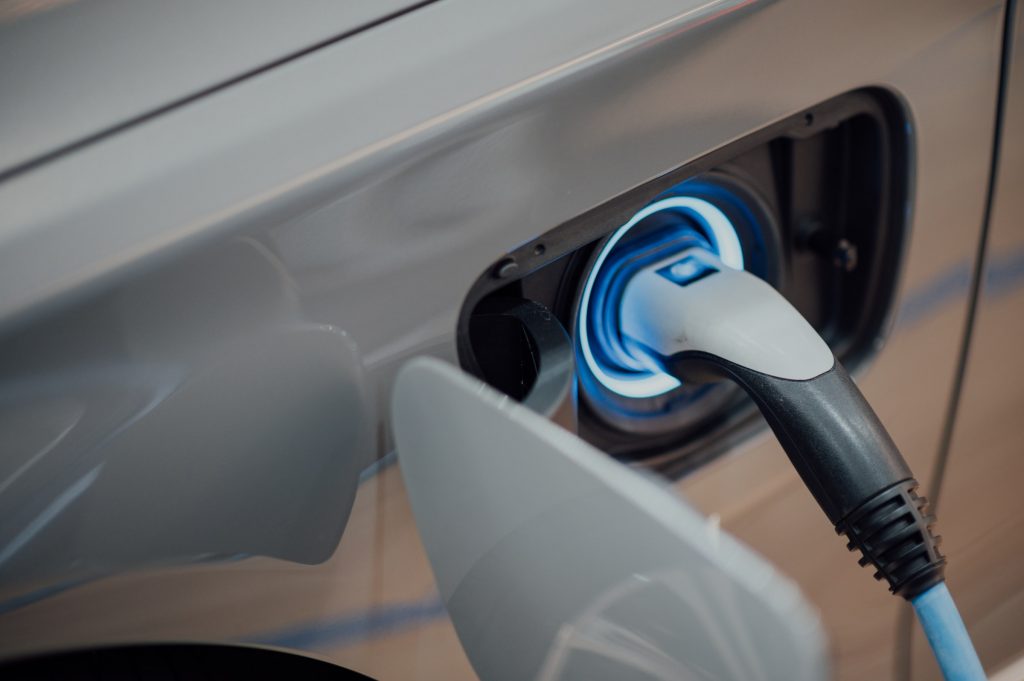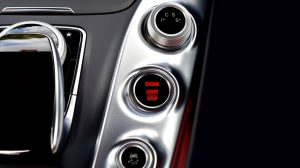Accustomed to thermal vehicles, or you are not comfortable with the language of electric cars? It’s normal: it’s a completely different and complex ecosystem. In this article, we help you understand and distinguish 4 essential concepts to understand the electric car.
1. The kilowatt (kW)
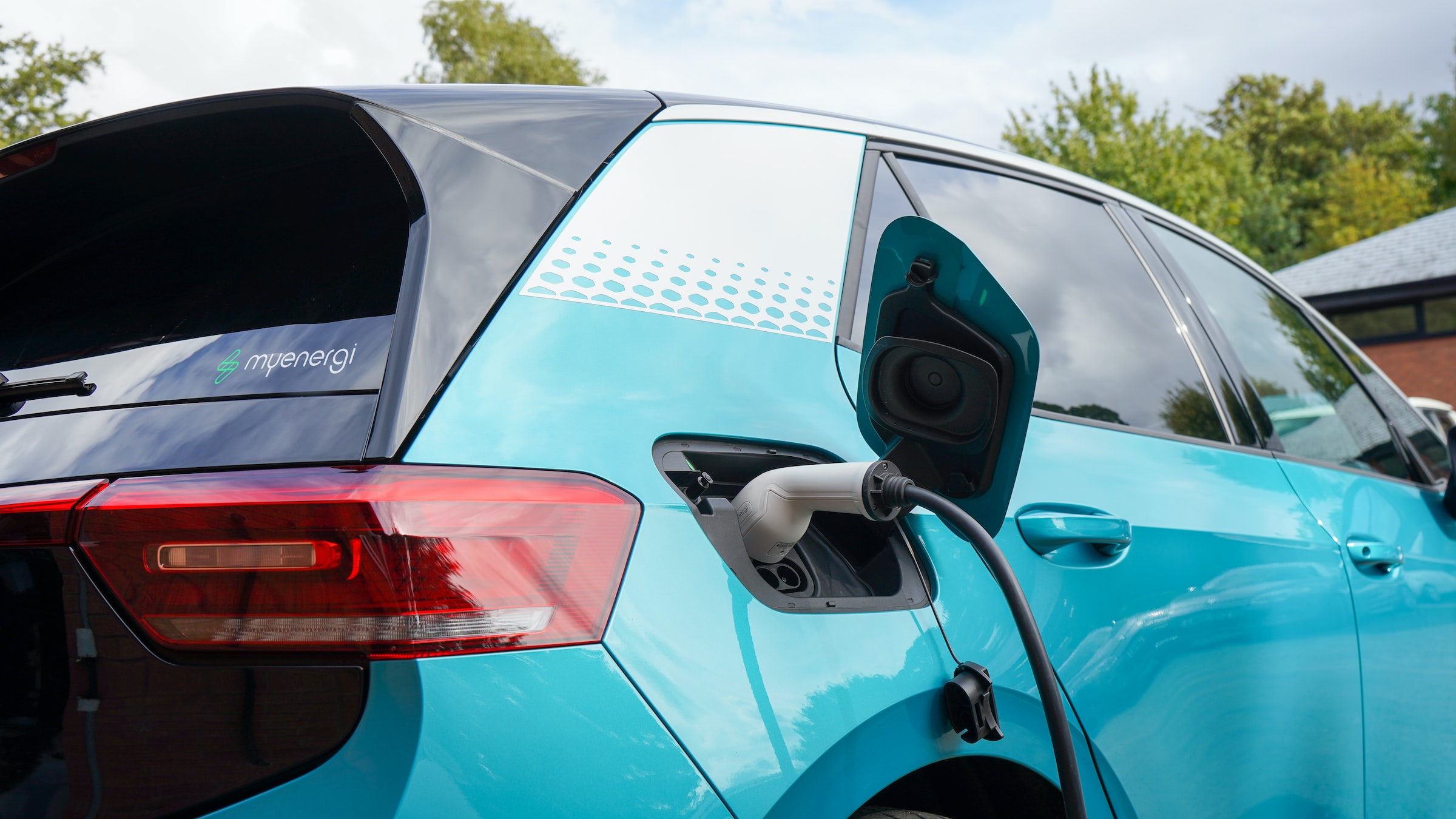
You know the watt: you find this unit on some household appliances. You even use it when you adjust the power of your microwave oven, for example. This unit, multiplied by 1,000, gives the kilowatt, which is used to express the power of an electric vehicle’s engine, on which its dynamism depends. Knowing that one kilowatt equals 1.36 horsepower (HP), you will no longer say that your car has 136 horsepower but 100 kilowatts (kW).
But be careful; the kilowatt is also used to express the load power of a vehicle. In other words, the amount of electricity it can accept and that a charging station can deliver. It is this notion that interests us most here: the greater the charging power, the faster the charge.
2. The kilowatt-hour (kWh)
You’re probably also familiar with the kilowatt-hour concept: you’ll find it on your meter or your electricity bill: it indicates the amount of electricity you have consumed. Because yes: the kilowatt-hour is the unit of measurement for a quantity of electricity. You get 1 kWh when you deliver 1 kW of power for one hour.
Let’s get back to our electric car. The kWh is used to express the amount of energy that can be stored in a battery and the amount of energy delivered to your vehicle’s battery by a charging station. The kWh is, therefore, the equivalent of a liter of fuel for a thermal car. And just like the tank of a gasoline or diesel car, the greater the capacity of your electric car’s battery (in other words, the more kilowatt-hours it can hold), the greater its range can be.
3. Charging stations and connectors
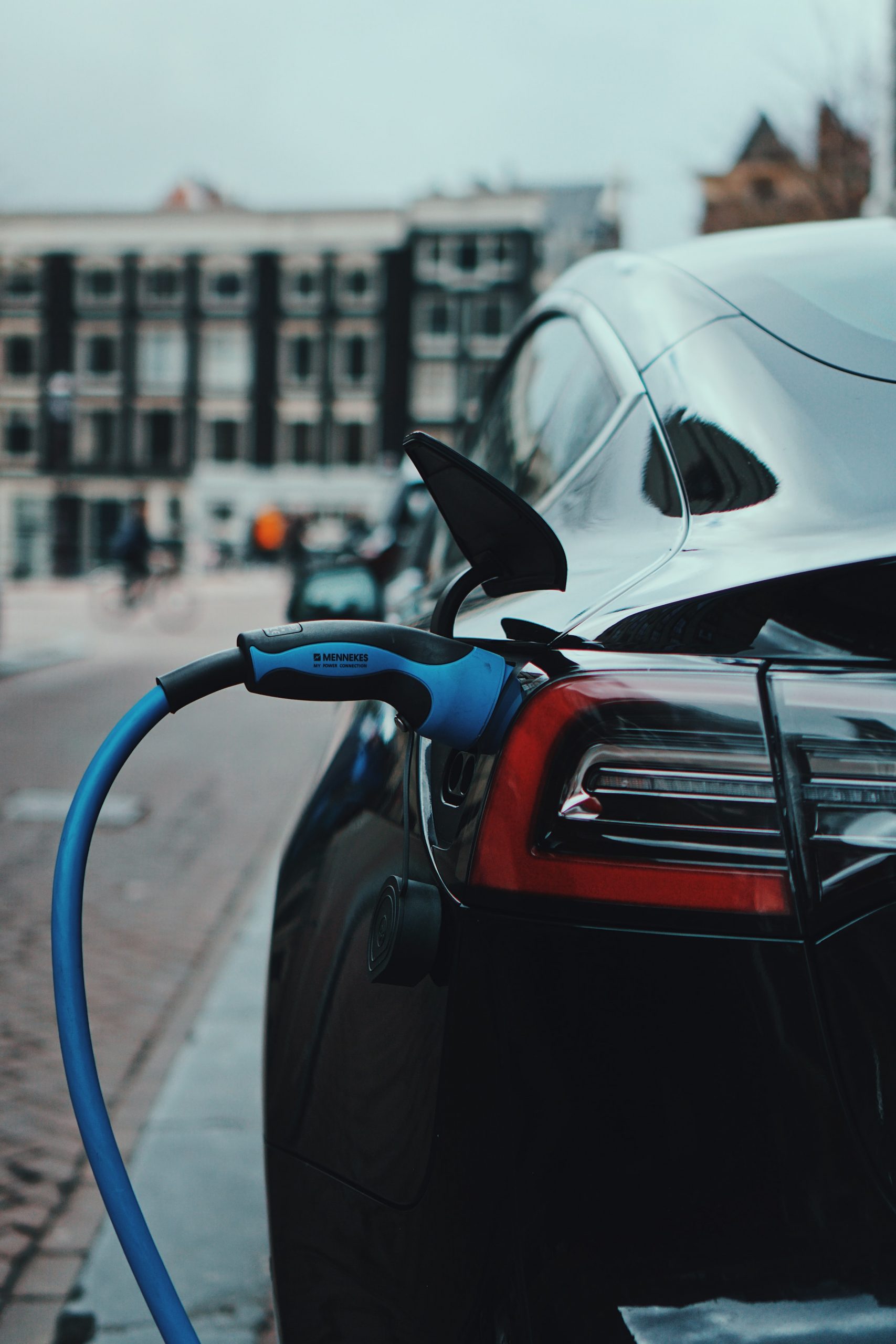
A charging station is a box or a totem into which you plug your vehicle to charge it with electricity using a cable with a connector. To schematize, there are 3 kinds of charging stations:
-
- The domestic terminals have a power that rarely exceeds 7 kW.
-
- On the road and in parking lots, the terminals have power generally between 7 and 22 kW.
-
- In these two cases, the connector is a type 2 connector.
You have to connect to a high-power charger to benefit from a power of 40 kW and more (up to 350 kW!). They are mainly found on freeways. Their connectors have a different morphology to deliver direct currents. There is no need to own the cable because it is integrated into the terminal, but you must have the right plug on your car!
Let’s take a concrete case: my car has a 50 kWh battery. Mathematically, I will be able to fill up in about 7 hours on a 7 kW domestic terminal, in a little more than 2 hours on a 22 kW classic terminal, and in a little more than 30 minutes on a 100 kW high power terminal, provided that my car tolerates this power.
4. WLTP range and real range
Most electric vehicle manufacturers use the term WLTP range, in kilometers, to express the maximum distance a fully charged electric car can travel. This worldwide certification standard, which measures the range of cars under different speed and temperature conditions, allows for the comparison of comparable data.
But it is important to understand that this is a theoretical range, which corresponds to a certain type of journey and not a real range. Clearly, with a car that announces a WLTP range in a mixed cycle (half urban/half extra-urban) of 500 km, you may be able to travel 500 km in the city in good conditions, but certainly not on the highway at 130 km/h.
Your actual range will depend on your speed but also on the weather (extreme temperatures and headwinds being the enemies), the terrain, the road surface, the aerodynamics of your vehicle, the weight it carries, or your driving style. All these factors can increase the gap between your car’s WLTP range and the actual range!
Looking for help?
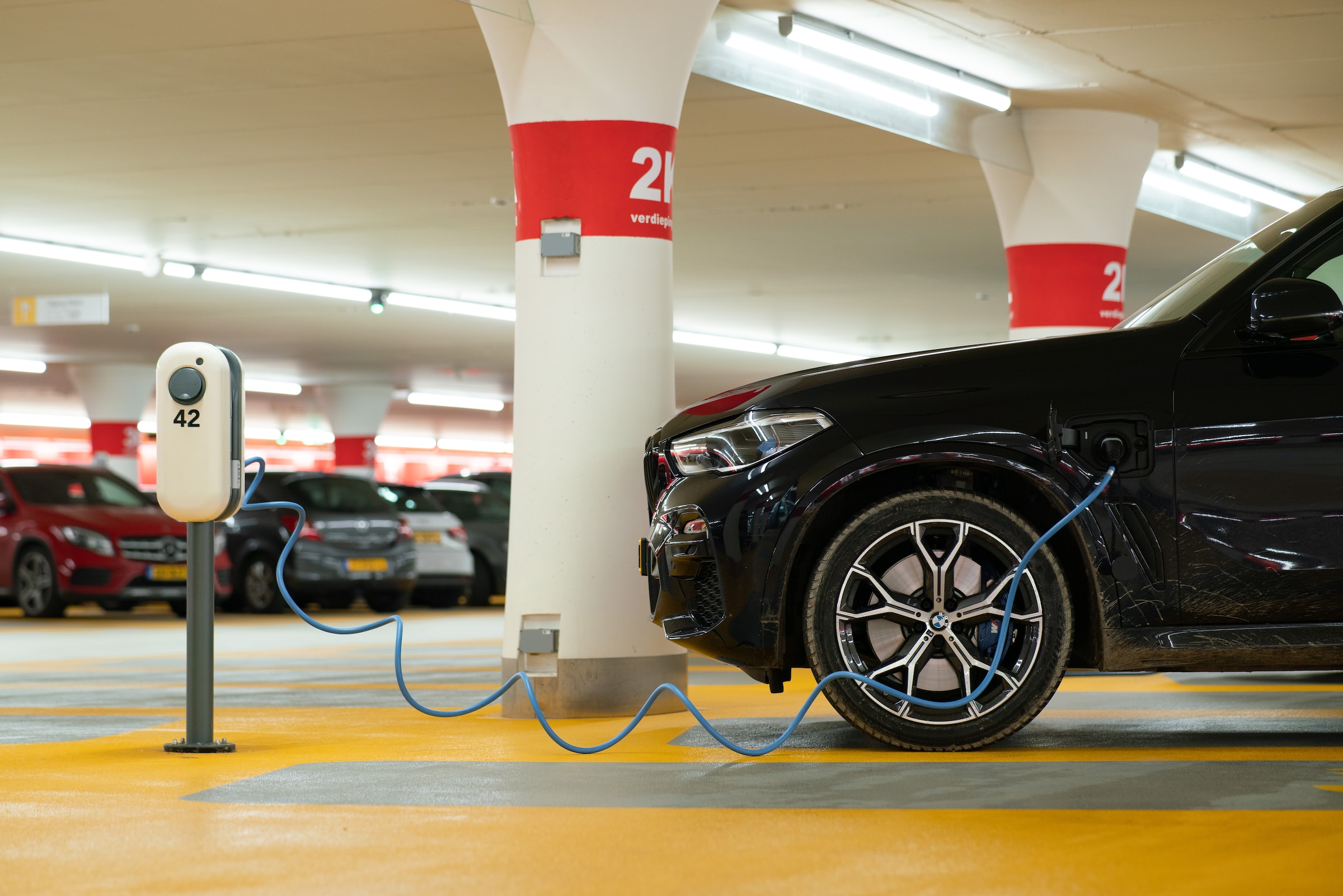
Contact Robust Auto Electrics, which has years of experience in car repair for all your car needs. Get your car checked by their term of professional mechanics who will help you with all your car needs and repairs. They serve the greater Melbourne area and will be more than happy to help you get your car fixings. So, why wait? Get in touch with them now and get a full car examination and get your AC checked.

